Last week GameSpy Technology Group’s Senior Director of Sales & Marketing Drew Curby gave an introduction to what the GameSpy Indie Open House program was about. This week, we go in depth with the different projects benefiting from this unique program.
[a]list: Why is the GameSpy Indie Open House program important for expanding GameSpy tech?
Drew Curby: I think the big thing to me is the ability to get a daily feedback loop about how people build games. I don’t necessarily talk about the process of coding up the games; the Indie House program lets me talk to developers about industry know-how and experiences I wouldn’t get otherwise. It’s direct feedback for what we’re making. Large studios have greater resources and it is not as common for them to want or need as much give-and-take in information about our technology.
In order to give the most services to game developers with the least amount of pain, we have to understand how they develop games and what they use make it. We work with the Unity Engine; it’s a popular platform and it’s a really easy way to make some smaller games. So we change a lot of what we do with our products to meet the requests of developers.
[a]list: Talk to me a little bit about the individual projects and why you’re excited about them.
Drew Curby: So right now, we have a broad spectrum of games right now. We have Interabang Studios; they were in the first class of the Indie Open House and they have Super Comboman and it’s a great 2D action game. They’re a group of young developers and they’re looking to soon release the game on iOS and I think they want to release it on consoles as well They also happen to be a Unity developer and we know a lot about that platform. Super Comboman is just a great looking game, plays very well.
There’s Wolfire Games, where David Rosen is working on Overgrowth, which is a ninja rabbit game that looks awesome. He is very, very successful. He’s had a long development cycle so far and he’s probably got a year to go. He sends out regular blog updates looking for feedback and we’re there to support him.
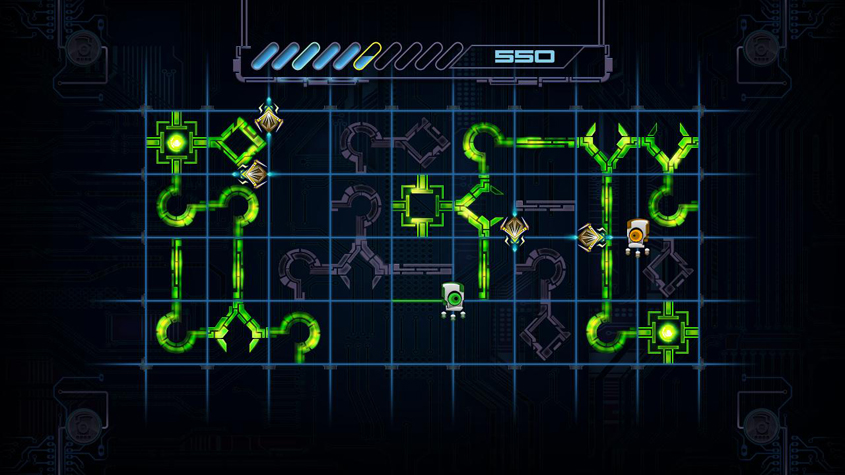 A Virus Named Tom
A Virus Named Tom
Alex Austin at Cryptic Sea has spent 10 years as an indie developer. He looks to experiment with different game types and he’s got another game by his desk every day. He’s got some games where you control a tank that has a lot of destruction and a ’60s style rally car game. He’s creating an album of different games I think, and we’re more than happy to work with him.
The last one is Misfits Attic run by Tim Keenan. He’s worked on the industry for a while and he’s working on a quirky little puzzler game called A Virus Named Tom. There isn’t a huge budget, but I’m very excited about what we can do for them.
They will all be at the GameSpy Technology booth at GDC and we’ll be able to get direct feedback from the developers there. We do whatever we can to get exposure – we have a lot of contacts in the industry and we’re going to help them any way we can. We want to give back to the game development community. They want to be in the industry but the don’t necessarily want to work at a large company; we want to give them access to things that they might not otherwise have and it’s fostering creativity. You don’t have to get a green-light to get a studio to work in.
[a]list: Correct me if I’m wrong, but GameSpy provided the matchmaking technology that was used for the first Halo, correct?
Drew Curby: That’s where we started, in matchmaking. We like to help out indie and mobile developers with online as much as AAA studios working on PS3. We do have that long history. We know what people are going to want in that space. For instance, we’ve worked for the last three years for Trendy Entertainment on Dungeon Developers. They used GameSpy tech for that game’s cross platform gameplay.
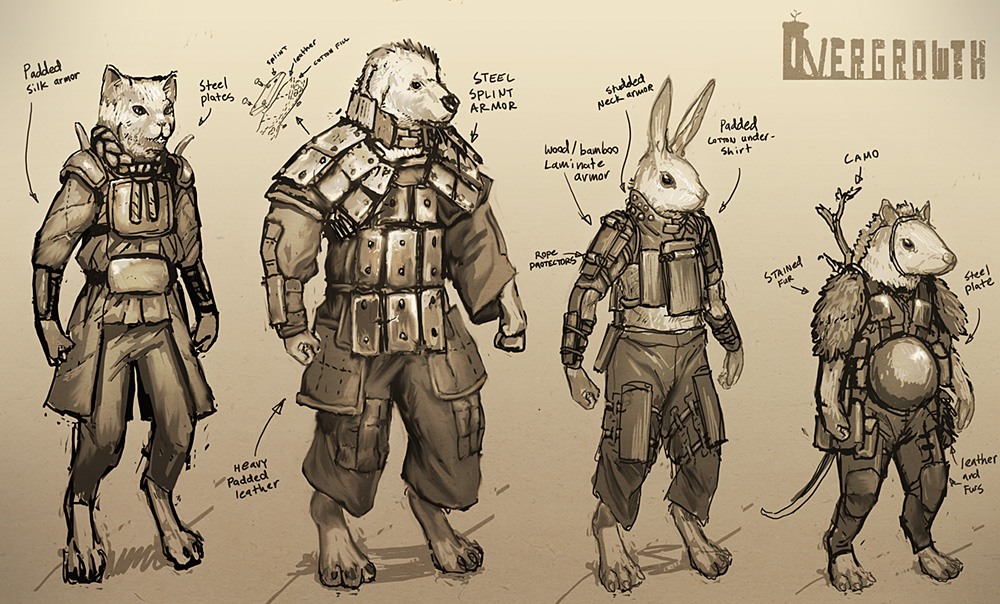 Concept art for Overgrowth
Concept art for Overgrowth
[a]list: If you look at where innovation is coming from in the industry, almost all of it is coming from these smaller studios.
Drew Curby: I think that’s where game development is truly innovative and that’s why were working on that half of the industry. Games have a lot of complexity these days, but these guys want to reduce things to a more elemental level. It’s amazing in the indie space how many hours with lots of pain and suffering they’re willing to put in. These games mean a lot to these developers. They want to publish the game themselves and they want to take advantage of everything that’s offered to them.
[a]list: Do you think its a little easier now to develop indie games given the resources available to developers?
Drew Curby: I think that’s changed to some extent; there’s more tools for game developers and there’s more development in general, so it easier to be taught. Not everyone is Will Wright! Every generation has a genius like that or two, but most people can conceptualize and make games on that high a level.
[a]list: Any closing thoughts on the GameSpy tech booth at GDC 2012?
Drew Curby: We’re anticipating many people coming by. It’s been really successful [in the past] and we’re looking forward to growing it and continuing to be involved, but now we’re happy with where we’re at.
[a]list: Drew, thanks.
_ _
Like indie titles? Can’t wait to go to GDC? Join the discussion on Facebook.
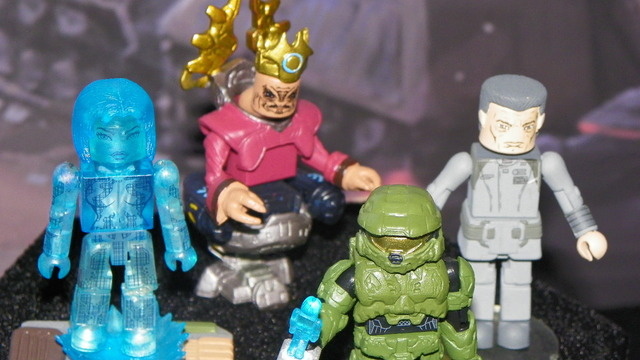
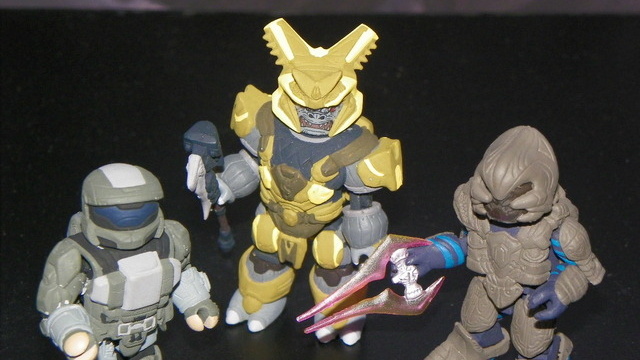



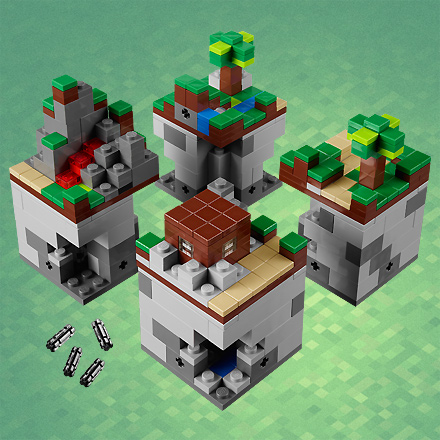

 A Virus Named Tom
A Virus Named Tom Concept art for Overgrowth
Concept art for Overgrowth